A Comprehensive Guide
Python for Mobile App Development
Python is an open-source, versatile programming language, capable of constructing a gamut of programs across multiple platforms.
Python, the reigning champion of programming languages, holds the top spot on the TIOBE index, boasting unrivaled popularity worldwide. It's the language of choice for luminaries in scientific and numeric computing, education, and web development. The applications crafted with Python are pervasive, forming an integral part of our daily interactions.
But amidst this dominance, does Python warrant consideration for mobile app development over its contenders like Swift, Kotlin, or JavaScript? In this blog, we'll unveil the viability of Python for mobile app development and delve into two prominent Python frameworks: Kivy and BeeWare. Join us as we weigh the pros and cons, deciphering whether Python is the right choice for your mobile app aspirations.
But amidst this dominance, does Python warrant consideration for mobile app development over its contenders like Swift, Kotlin, or JavaScript? In this blog, we'll unveil the viability of Python for mobile app development and delve into two prominent Python frameworks: Kivy and BeeWare. Join us as we weigh the pros and cons, deciphering whether Python is the right choice for your mobile app aspirations.
Why Opt for Python in Mobile App Development?
Python is an open-source, versatile programming language, capable of constructing a gamut of programs across multiple platforms. Its hallmark lies in its approachability, facilitating swift and efficient code creation. Python seamlessly integrates with significant data volumes and can even harmonize with other programming languages. Conceived three decades ago by Guido van Rossum, Python has only surged in popularity over time, perpetually expanding its domain.
Fueled by its widespread adoption, Python is accompanied by an arsenal of reliable libraries and frameworks, including tools dedicated to mobile app creation. A thriving community has exhaustively resolved and documented innumerable challenges across platforms, ensuring support via platforms like Stack Overflow, Discord, and Slack. Python developers are aplenty, simplifying the search for specialists or ideal recruits.
A pivotal advantage of Python in application development is its facilitation of cross-platform development. In the past, crafting apps for both iOS and Android necessitated parallel work on two distinct app versions, each employing different programming languages.
However, contemporary Python frameworks, such as Kivy and BeeWare, have revolutionized this scenario. They enable developers to effortlessly convert a single codebase into functional versions compatible with iOS, Android, or any chosen platform. This ingenious innovation has supplanted the era of individually developing separate apps for each platform.
Fueled by its widespread adoption, Python is accompanied by an arsenal of reliable libraries and frameworks, including tools dedicated to mobile app creation. A thriving community has exhaustively resolved and documented innumerable challenges across platforms, ensuring support via platforms like Stack Overflow, Discord, and Slack. Python developers are aplenty, simplifying the search for specialists or ideal recruits.
A pivotal advantage of Python in application development is its facilitation of cross-platform development. In the past, crafting apps for both iOS and Android necessitated parallel work on two distinct app versions, each employing different programming languages.
However, contemporary Python frameworks, such as Kivy and BeeWare, have revolutionized this scenario. They enable developers to effortlessly convert a single codebase into functional versions compatible with iOS, Android, or any chosen platform. This ingenious innovation has supplanted the era of individually developing separate apps for each platform.
Kivy: Powering Python Mobile App Development
Kivy emerges as a cross-platform Python framework tailored for expeditious application development. With support for diverse user interfaces, including multi-touch screens, Kivy caters to platforms like iOS, Android, and Windows. Kivy's proprietary UI toolkit ensures uniform aesthetics and performance across Android, iOS, Linux, and Raspberry Pi. However, Kivy's distinctive trait lies in its abstention from employing native features of these platforms.
This facet of Kivy can be either an advantage or a drawback, contingent on your app's nature. While native appearances hold sway, a unique UI design can wield substantial influence, enhancing user experiences across different platforms. Kivy's salient features include a singular codebase for all platforms, a robust graphics engine built atop OpenGL ES 2, an MIT license for business usage, a customized UI toolkit, and an extensive community of dedicated developers. Kivy is a multifaceted collection of projects, embodying speed, simplicity, and precision traits, rendering it an excellent choice for uncomplicated Kivy app development across platforms.
Start your journey
Join Techno Study IT bootcamp Online
Learn Python and more with Techno Study’s Android development bootcamp and open new doors of success for yourself.
Python-for-Android: Bridging Python and Android
Python-for-Android stands as a dedicated tool for harmonizing Python with the Android ecosystem. Its primary function involves generating a comprehensive project folder encompassing all essential mobile app-launching tools. This repository includes libraries featuring Kivy, Pygame, and SDL alongside the indispensable Java loader—a mediator between Kivy and the operating system. Additionally, Python scripts can be seamlessly integrated, or developers can harness the Android Native Development Kit (NDK) to compile their applications.
Accelerating Skill Development with Experts
Our Android development course will not only teach you to face real-life programming scenarios but also ensure you understand everything with our one-on-one session.

PyJNIus: The Python-Android API Facilitator
PyJNIus emerges as a framework meticulously designed to facilitate the interaction between Python and the Android API. Through PyJNIus, developers gain access to various functionalities within their mobile devices, ranging from vibration control to pausing and restarting applications. This integration with the Android API empowers developers to craft more immersive and dynamic user experiences.
PyQt5: Enabling Cross-Platform Excellence
Embracing the Qt framework, PyQt5 empowers developers with a versatile toolkit for building applications across various platforms. Leveraging Python wrappers built on the latest Qt framework version (v5), PyQt5 offers a comprehensive suite of tools. Much like the Qt5 framework, PyQt5 transcends platform boundaries, enabling developers to create Windows, Mac, Linux, iOS, Android, and more applications.
Tkinter: The Preferred GUI Toolkit
Tkinter remains an indispensable asset, widely acclaimed as the preferred GUI toolkit among Python developers. Rooted in the standard Tk GUI toolkit and intricately bound to the Python interface, Tkinter serves modern developers with a gamut of visual elements known as widgets. These widgets, characterized by varying degrees of customization, are quintessential to crafting interactive and appealing user interfaces. Tkinter's ubiquity is underscored by its inclusion in the default Python installer across major operating systems.
Falcon: High-Performance Python Network Framework
Falcon reigns supreme when stepping into high-performance and secure network frameworks. Tailored to facilitate the creation of wide application backends and microservices, Falcon operates seamlessly on ASGI and WSGI servers. Compatible with Python versions 3.5+ and CPython versions 3.5+, Falcon stands distinguished by its extensible and optimized codebase.
The framework boasts intuitive routing, empowered by REST-inspired resource classes and URI templates. Accessing headers and bodies through request and response classes is effortless, while Falcon's support for unit testing via the WSGI helper expedites development. Middleware components and hooks further streamline request processing, adhering to DRY (Don't Repeat Yourself) programming principles.
CherryPy: The Object-Oriented Python Web Framework
CherryPy, an embodiment of object-oriented prowess, surfaces as a web framework designed for Python enthusiasts. The approach to creating web applications mirrors crafting traditional object-oriented Python programs, fostering familiarity and ease of use. Notably, CherryPy has the unique capability to run multiple HTTP servers concurrently. Versatility defines CherryPy, thanks to its flexible plug-in system.
Many built-in tools, including encoding, caching, authentication, static content delivery, and session management, contribute to CherryPy's allure. Furthermore, the framework embraces coverage, profiling, and testing, fostering robust development practices. CherryPy's compatibility extends across Python 2.7+, 3.5+, Android, PyPy, and Jython.
Python for Mobile App Development: The Limitations
While Python's prowess in mobile development is evident, some shortcomings warrant consideration. Python isn't native to iOS or Android, potentially giving rise to deployment challenges and inconsistencies among app versions. Expertise in Python and mobile app development can help mitigate these concerns, ensuring a smoother journey.
Python's Versatility: Encompassing App Possibilities
Python paves the way for music and multimedia app creation. Libraries like OpenCV and PyDub equip developers to infuse audio and video apps with seamless functionality.
Kotlin provides type aliases that allow it to create alternative names for existing types. This feature is particularly helpful when working with complex or lengthy types. However, it improves code readability and reduces verbosity. Type aliases also enable you to create more descriptive names for types making your code more self-explanatory. By utilizing these you will be able to enhance the clarity and flexibility of your code base. This internship makes it easier to understand and maintain.
Python simplifies the intricate realm of blockchain development. Its user-friendly syntax facilitates building blockchain applications, from interacting with the blockchain using HTTP requests to harnessing frameworks like Flask.
Python's real-eval-print-loop (REPL) feature makes it ideal for command-line apps. A plethora of free Python libraries assist top app development brands in crafting seamless command-line tools.
Machine learning, a dominant technology trend, becomes more accessible with Python. Libraries like Pandas and Scikit cater to machine learning app development, granting developers access to data-driven decision-making tools.
Python's agility extends to crafting diverse business apps. Frameworks like Odoo facilitate business management app creation, exemplifying Python's flexibility.
How Does Techno Study Help?
Learning Python is easy with Techno Study’s Android development course and fun with our experienced teachers. From the basics to the expert level, we are committed to giving you the best with our knowledge and skills.
With our Android development bootcamp, you can reach new heights in your career. Whether you want a new start to your journey in the IT industry or want to hone your skills further, our 6-month bootcamp will make you the expert in your field and open new doors for your success.
Conclusion
Python reigns as a pinnacle programming language, offering unprecedented versatility. Armed with a rich repository of resources and tools, Python's prowess extends to mobile app development. Leveraging its innate simplicity, diversity, and flexibility can expedite your app development endeavors, potentially saving time and resources. The journey might be fast, but the possibilities are boundless.
Frequently Ask Questions
Is Python good for creating an Android app?
Yes, Python can be used for creating Android apps, but it's not the most common choice. The native language for Android app development is Java or Kotlin. While frameworks like Kivy and BeeWare allow you to develop Android apps using Python, they might not offer the same level of performance and native integration as Java or Kotlin.
Which is better for a mobile app, Python or Java?
Whether Python or Java is better for mobile app development depends on various factors. Java has traditionally been used for Android app development, and a wealth of resources and tools are available. On the other hand, Python might be easier to learn for beginners and is known for its simplicity and readability. However, Java might offer better performance and more robust native support for Android development.
Is it difficult to learn Python?
Learning Python is relatively easy compared to some other programming languages. Its straightforward syntax resembles English language constructs, making it more accessible for beginners. However, the depth of Python's capabilities can be challenging to master fully.
Can I learn Python in 6 months?
Learning Python in 6 months is possible, especially if you dedicate consistent time and effort to studying and practicing. The exact time it takes to become proficient varies from person to person, but 6 months should be sufficient to grasp the basics and start building simple applications.
Is Python good for mobile games?
Python can be used for mobile games using various game development libraries and frameworks, such as Kivy, Pygame, and Ren'Py. However, languages like Java
or C# (for Unity game engine) are often preferred for more complex and performance-intensive mobile games due to their better performance optimization capabilities.
or C# (for Unity game engine) are often preferred for more complex and performance-intensive mobile games due to their better performance optimization capabilities.
